Getting good advice is key to improving our photography. It’s never been easier to get feedback on our work through photographic forums. Pete Domican explores how to use forums to ask for and get the best possible advice.
Introduction
Irrespective of our experience and ability, most of us want to improve. As a beginner or when moving into a new aspect of photography, our queries tend to be technical in nature e.g. What type of lens, what shutter speed should I use?’. As we progress, we are more concerned with composition and how to make our images stand out. At some stage, even the best of us need to get advice.
The traditional methods of help e.g. camera clubs, books, masterclasses etc still remain but the internet has opened up a whole world of opportunity through forums e.g. The Hacking Photography Forum. The photographic community is generally full of helpful people willing to share advice and provide feedback. This article will hopefully help you get the best advice possible and help you evaluate it.
Asking for Advice
I always think it’s useful (very briefly) to give some idea of the background to the picture and your level of experience, if you’re just starting out or trying something new e.g. you’re just getting into using flash. This gives the person answering the ability to give you appropriate advice for your level. After all, if you were starting in judo, being put in with the black belt class isn’t likely to be much fun. A few pointers and tips are much more helpful to a beginner than a list of faults.

This is shot on iPhone6s JPEG. Shooting in RAW through Lightroom Mobile would have enabled more manipulation of the shadows.
Receiving Advice and Criticism
Once you get past any obvious technical flaws with a photo e.g. Exposure, aperture etc, ‘constructive criticism’ of photos becomes much more subjective. Where there are a large number of comments, advice can sometimes appear both conflicting and sometimes picky. That can seem dispiriting (‘Is there anything right about my photo?’) but it’s worth bearing a couple of things in mind.
Firstly we need to remember that photography is an art and not a science. Even professionals can disagree violently about whether a picture is good or bad. So any view is the opinion of one person and often reflects their own style of shooting and preferences. What is brilliant to one eye can appear to be dull and unoriginal to someone else.
The second thing is that, as more feedback appears, other people will then start to react to that feedback and not just your photo. My advice is not to respond to each individual comment as it appears but leave it for a few days, then evaluate the feedback as a whole (after thanking everyone for their input of course!)
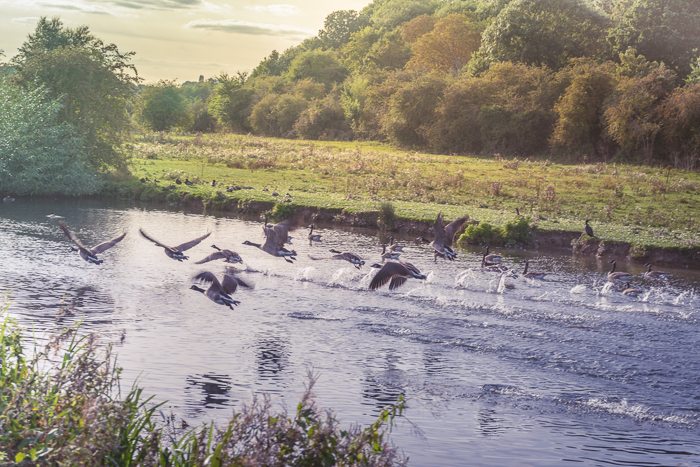
‘If only the birds had been flying towards you…’ Hang on, I’ll get them back.
Evaluating Criticism
Take the time to look at each piece of advice and whether it might improve the photo. Sometimes people suggest things that aren’t feasible e.g. Using a different lens when you only had the one on the camera! Don’t dismiss it out of hand. This could be useful advice to think about for future shoots.
If you really don’t like a piece of advice or on the rare occasion that someone is unduly harsh, just ignore it! Don’t be tempted to respond and argue. It’s likely to put people off providing any future help.
Advice is not necessarily equal nor is a majority view necessarily ’right’ so ultimately you should do what feels right for you. Photography should be something you enjoy doing and your work should represent you as a person. You’re asking for advice not seeking approval.
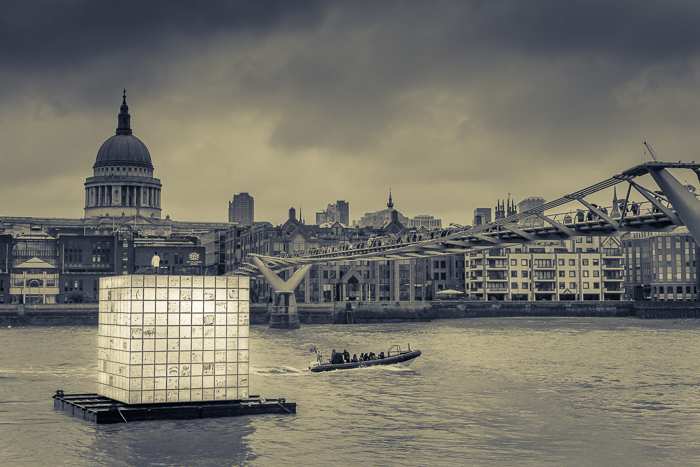
After all your advice, I’ve decided that I like it just the way it is!
Putting It into Action
It’s an obvious point but there’s no point getting advice if you don’t incorporate that into the next things you do. Find a way of capturing advice e.g. A file, a notebook or a program like Evernote and refer to your notes the time you’re next planning to go out with the camera so the advice is fresh in your mind. I used to find that, if I haven’t used my camera in a while, I tend to fall into bad habits and starting snapping away rather than thinking about what I’m doing so reading through some previous advice from various sources means I get better results.
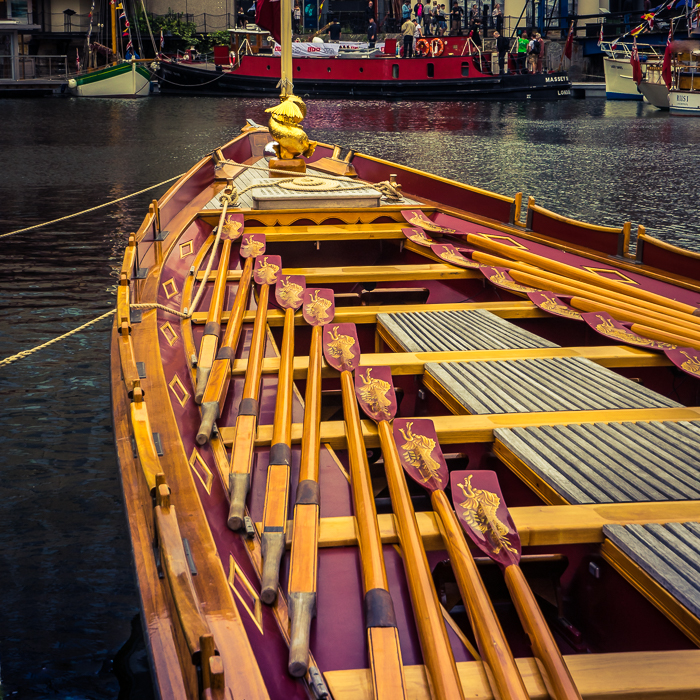
Taking time to find the best possible position (access permitting) before taking a shot is always good advice.
Conclusions
I’ve been lucky to receive a lot of help from fellow photographers over the years especially when I was starting out. There are some great contributors to the Hacking Photography forum with a lot of expertise and hopefully, this article will help you get to get some helpful advice and make the most of it. I’d love to hear how any advice you’ve been given has helped you develop your skills or what is the best piece of advice you’ve ever read.
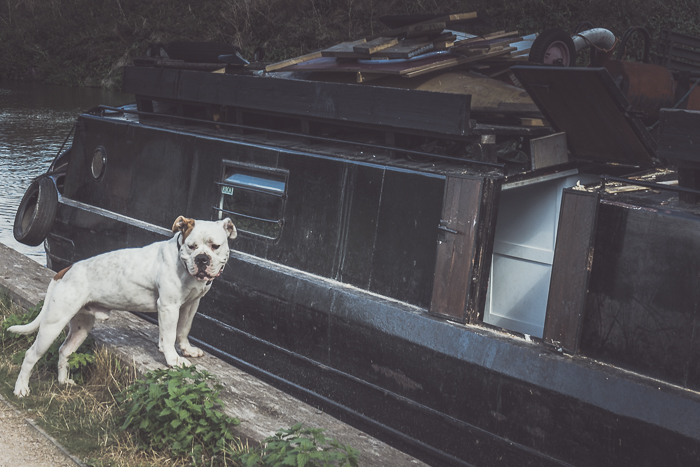
A masterpiece or just a dull picture of a dog?

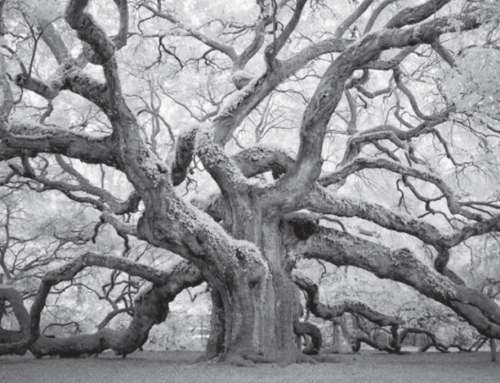
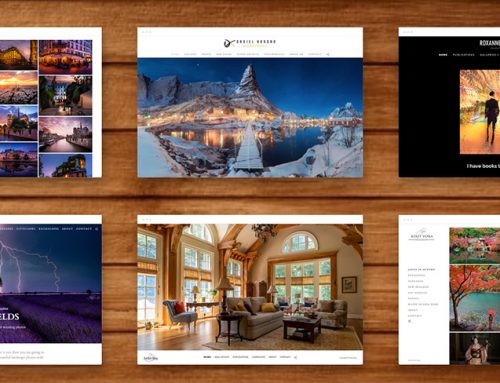
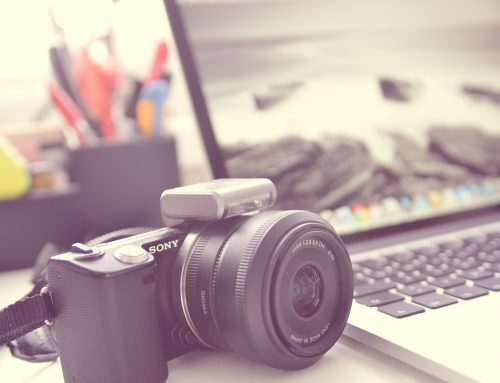
Mike,
I’m progressing through your monthly tutorials and gaining information that I am enjoyably using on my own photos.
I need your advice on a few matters related to Lightroom that I expected to learn, but don’t find covered in your program. I would really appreciate your advice or best reference on these:
1. How to recover images that Lightroom says cannot be found, yet I know they were never deleted.
2. How to best Export multiple images from the same shooting or the same Collection to a folder on Desktop
3. Your best advice about orderly uploading images from a CF card into Lightroom while storing the originals on an external hard drive
All best,
Art Gilbert.